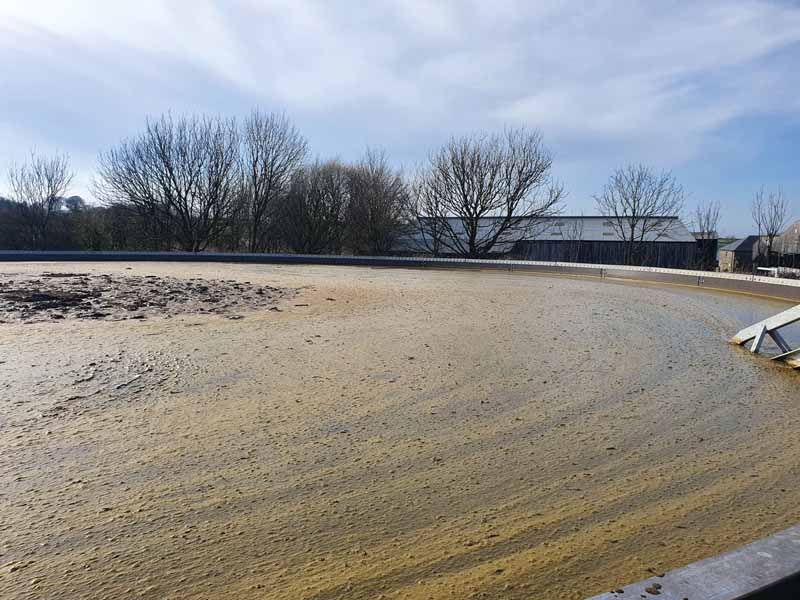A new slurry inoculant reduces the need for artificial fertilisers, lowers emissions and increases grass yields – and is said to improve soil health.
Launched this autumn, SlurryForSoil is a blend of 18 plant growth promoting bacteria and fungi. Manufactured and distributed by Sylgen Animal Health, it also contains enzymes to kick-start slurry break-down.
“SlurryForSoil pushes the boundaries of what a slurry inoculant does,” claims Slygen Animal Health director Romney Jackson.
“As well as making stirring slurry quicker and easier, improving the consistency to reduce blockages at application and retaining nutrients, it lowers emissions by significantly reducing the need for synthetic fertilisers and increasing grass yields.”
The bacteria and fungi in SlurryForSoil have all been scientifically proven to mobilise nutrients and micronutrients, says Ms Romney.
“Many have also been found to control pathogens and diseases, predominantly through the stimulation of the plant hosts’ own defence mechanisms, and some control pests like nematodes, molluscs and insects.”
Microplastics
The fungi, in particular, break down microplastics as well as residual pesticides and organophosphates which can indirectly hamper grass growth.
A team at Duchy College tested the product this year at its Future Farm in Cornwall. Separate dairy herds with dedicated slurry lagoons enabled researchers to isolate and assess the impact of the slurry inoculant.
Samples of the treated and untreated slurry were analysed by researchers at NRM laboratories. So too were forage samples taken from the temporary grass ley which had received applications of the two slurries.
Key nutrients
Results showed an increase in the retention of key nutrients in the treated slurry, such as ammonium, phosphorus, potassium and sulphur as well as magnesium, copper, zinc and calcium.
“Across the four cuts, resulting forage increased by an average of 17.8%, with some having more than a 30% increase in yield,” says Ms Romney.
“Nutritional analysis of the silage showed SlurryForSoil also helped improve the quality of the forage with an average decrease in NDF of 10.7% and increase in plant sugars of 27.7% with corresponding increases in digestibility and metabolisable energy.
Ms Romney says these increases far outweigh the potential benefits of the nitrogen retained in the slurry and potentially shows the microbes are playing a broader role both within the soil and the plants.
“These results mirror those of farmers who have been trialling SlurryForSoil on-farm. With increased yields and reduced need for synthetic fertiliser, they’ve seen an average return on investment of £55/acre.”

